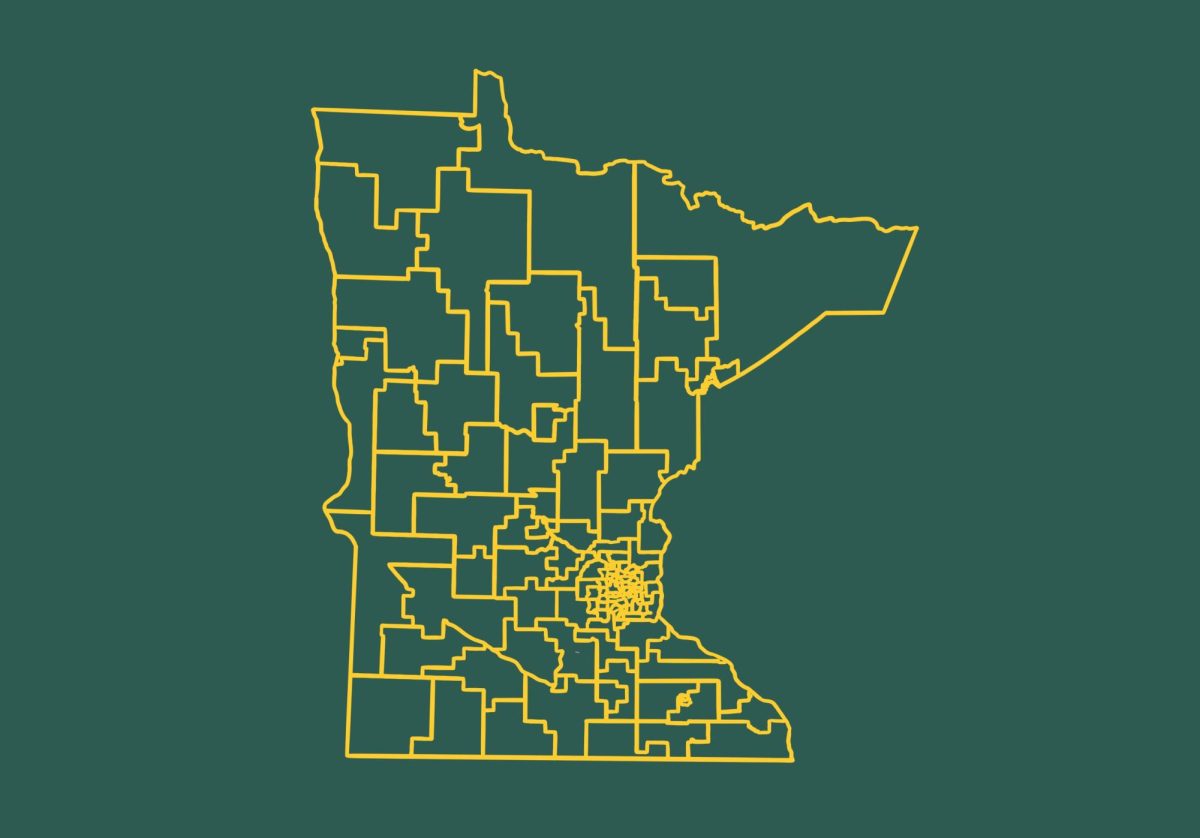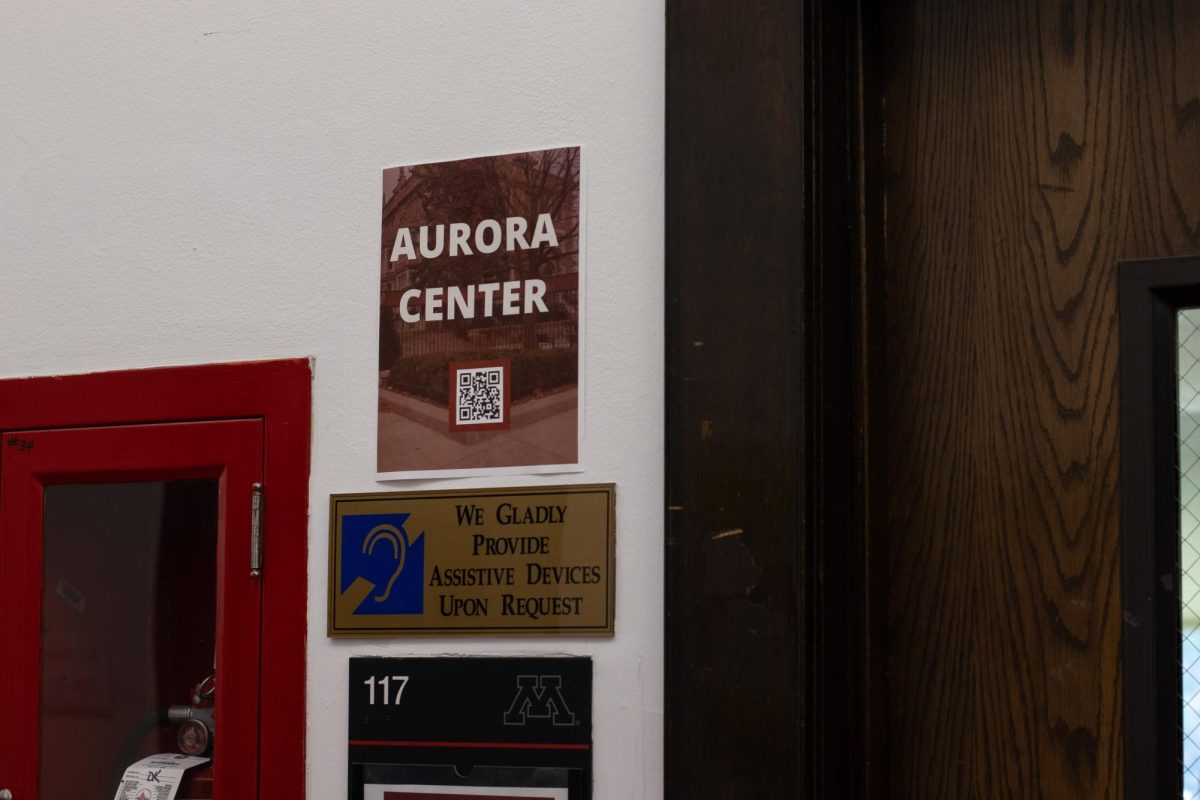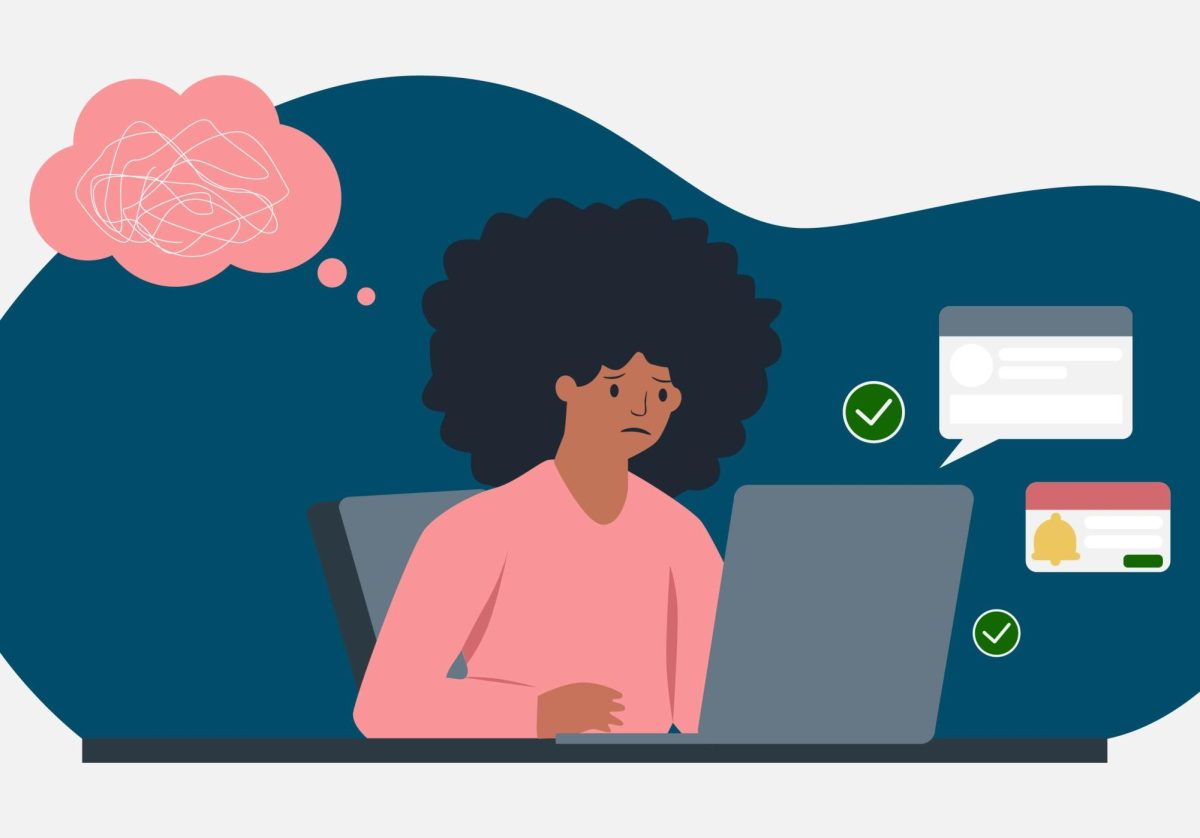I was one of the few preteens barred from using Facebook by their parents when it started to gain popularity. They worried it would distract me from school work and that I’d share personal information. I, of course, ignored their concerns and checked my profile on my Dad’s desktop when no one was home, clueless to just how right they would be.
Social media has truly engulfed and defined our generation to a degree I doubt anyone could’ve foreseen. It’s gone from beyond a mode of communication and connectivity. There is a clear cultural premium placed on sharing your life online, and failure to do so renders you irrelevant. As such, the way we view the world and each other is fundamentally different than previous generations.
Our newsfeeds are filled with life accomplishments and adventures of our friends, not posts of the mundane or authentic. However, what I find frightening is not the bragging or slight narcissism, it’s that often the image we create for ourselves online begins to dictate our actual lives. It’s no secret that social media can have a darkening effect on mental health and self-perception, but what people don’t consider is that this may not only be affecting the way that we think, but also the way that we act.
Our motivations are now rooted in our visibility and the attention we receive. The point of social media presence is no longer to communicate, but to create extensive evidence of your own existence. I can’t say that I’ve never used social media to seek validation when it was lacking in other areas of my life. I invariably post more often when I’m feeling sad or empty, in an attempt to fish for the recognition I’m craving. As if to say, ‘like me, please.’
These aren’t habits I’m proud of, but I know that I’m not alone in them. The social media landscape places a greater pressure on our shoulders, particularly in college when so many of us are striving for social, academic and professional perfection. Or at least, the virtual reflection of it. High levels of social media use is intrinsically linked with higher levels of anxiety and depression. This has left college students in worst mental states than ever before.
However, social media has begun to creep into our actual lives, and has become the reason we do what we do. Simply experiencing things is not enough for us. We must document it. In fact, we do things not for the experience of it, but the opportunity to capture, post and share it.
There’s rarely a night out where every photo opportunity is not jumped upon. Think of all the videos we see every weekend as people document their entire night, from the inside of their Uber to a bar’s bathroom stalls. Our reasons for doing things are intimately intertwined with our ability to share them. Never mind the music at a concert, just make sure you get a blurry video of the crowd, so you can say, “Look! I was here!”
So much of the experiences we have today feel incredibly unauthentic to me, as they seem to driven by this primal need to plaster them on every virtual newsfeed of any relevance. I hardly think a constant need to document your life will allow you to live a genuine one. As one of the first generations whose interactions were dominated by social media, we should be cognizant of how this has begun to stipulate our lives offline. Life does not happen within the confines of a finely executed Instagram aesthetic, and we should stop expecting it too.







